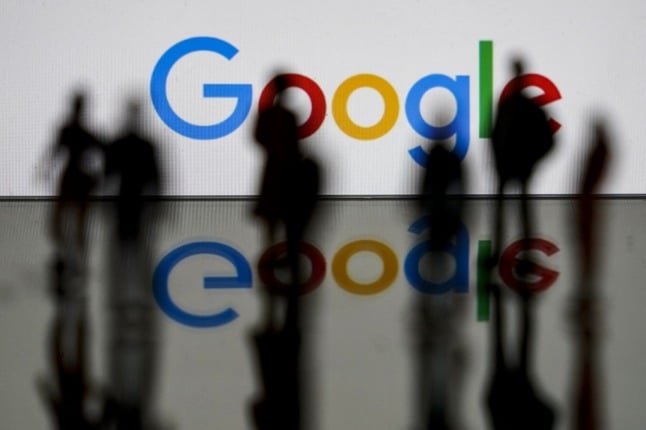Weiss says the newspaper crossed the line in an article about a controversy surrounding politician Roger Karoutchi and regional elections in 2010. In the piece, Karoutchi was quoted as calling Weiss his “companion of seven years.”
“I have to have a talk with my father and with the person I live with today,” he said in an interview with the newspaper 20 Minutes.
Weiss, who is the national secretary in charge of transportation and mobility, is accusing the weekly publication, known for its investigative reporting and an irreverent attitude toward politicians, of defamation and of infringing on his private life.
Karoutchi has also said he would press charges against Le Canard enchaîné, calling the matter “extremely serious.” The former state secretary came out publicly as gay in January 2009.
“I’ve always talked openly about myself, but I never wanted to reveal the names of those people who share my life,” he said.
The process of “outing,” or revealing the sexuality of closeted gays and lesbians, continues to be controversial and is very rare in France.
Traditionally, many aspects of the private lives of politicians have been off-limits to the press. While details of public figures’ personal lives are often known by journalists, they have generally been kept out of the media.
“I am against ‘outing’ in principle, but in this case it’s complicated,” said Jean-Luc Romero, who was the first politician in France “outed” when a gay magazine revealed his sexuality in 2000. “This is about the alleged companion of a public figure who himself has come out.”
The head of the UMP, Jean-François Copé, has refused to comment on the matter.


 Please whitelist us to continue reading.
Please whitelist us to continue reading.
Member comments